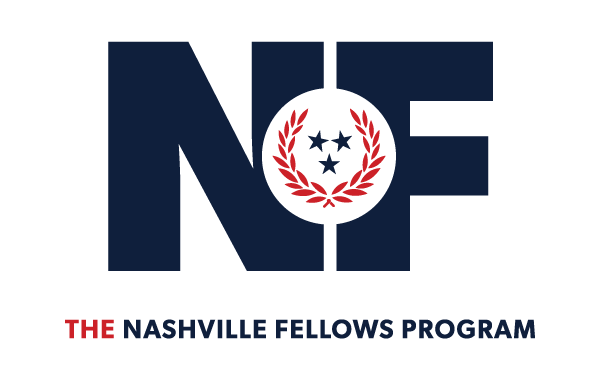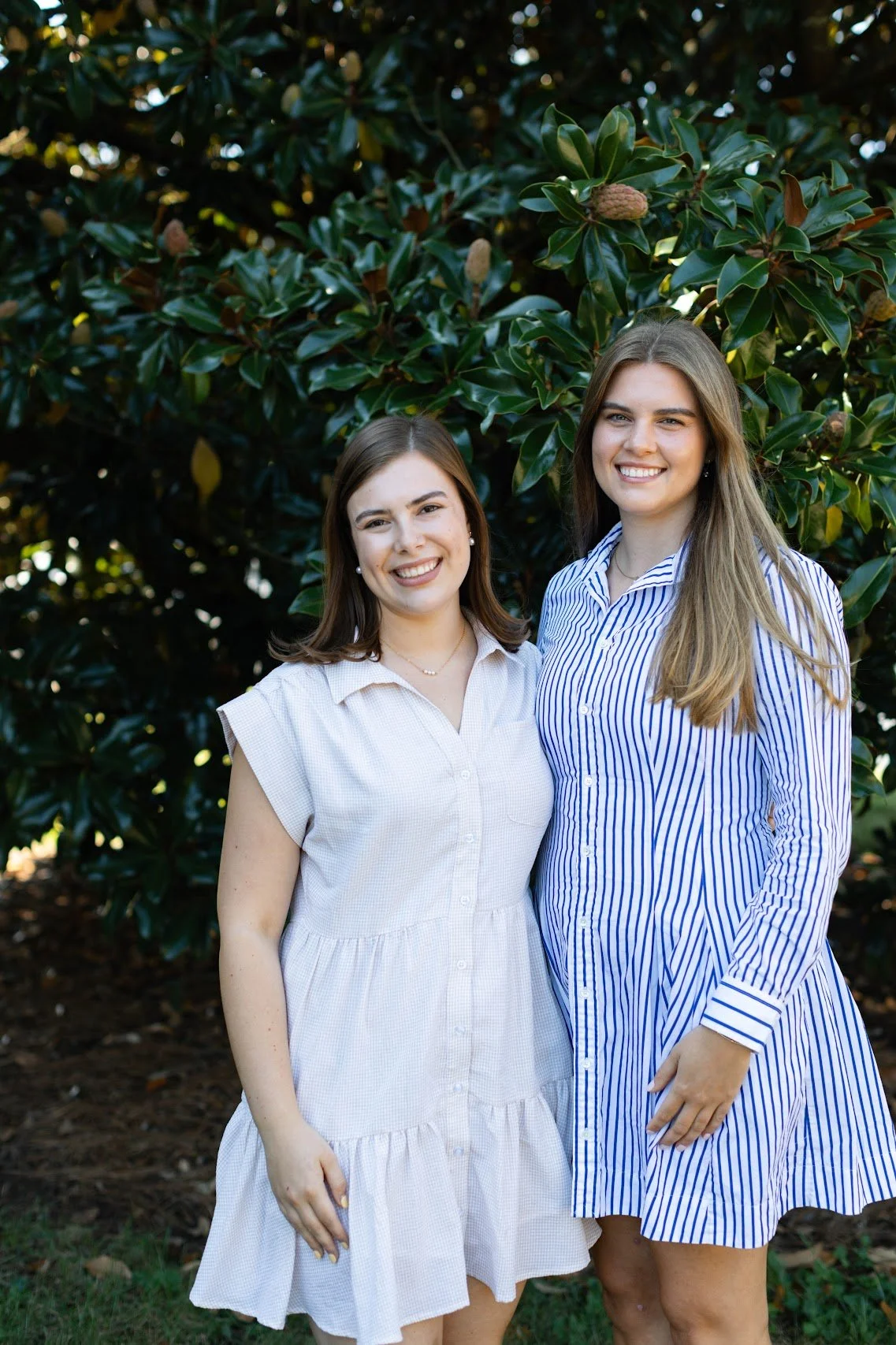Finding Peace in Disagreement
Disagreement is one of the few things that all humans have in common. Whether in our families, friendships, workplaces, politics, or churches, humanity exists in a constant state of conflict. If we lived without disagreement, how often would we mention World Peace? As Nashville Fellows and followers of Christ, we are called to something higher than conflict avoidance—we are called to peace.
A year as a fellow provides both the opportunity and tools to find peace amongst disagreement. All thirteen members come from different families, friendships, workplaces, political backgrounds, and churches. Over the next 7 months, we will continue to attend four different churches across denominations and work at thirteen different jobs. Much like the world we live in, this can create opportunities for significant disagreement. The churches we are placed in may preach exactly what we believe, or they may preach ideas that are new to us. The jobs we work are not always stimulating, or they may be overstimulating. The classes we take could cover an idea we have discussed a million times or one we have never considered before. Through all of this, we are called to absorb and learn. We are called not only to disagree with each other, but to ultimately seek peace amongst each other. Over the past two months, I have begun to realize how perfect a place Fellows is for learning not only how to sit in disagreement, but also how to find this peace.
In our metanarrative scripture class, Fellows have been discussing the Creation and the Fall. Eric Ashley, Lead Pastor of Parks Church, shared that God makes three mandates for Creation: devotional (God will walk with us), relational (We are meant for relationships), and cultural (God gives us structure and direction). These mandates existed before the Fall of Man and thus are part of God’s original plan for Creation. Upon reflection on these mandates, I began to discern the relational mandate and its relation to disagreement. Before the Fall, Adam and Eve’s relationship was in perfect harmony. Genesis 1:31 “and God saw all that he had made and it was very good.” Disagreement is a result of the Fall.
In addition to our Metanarrative Scripture class, we walked through Augustine’s Confessions with John Bourgeois, Lead Pastor of West End Community Church.. I had previously read excerpts from Confessions while earning my degree, but the discussions were different this time. For context, I earned my minor in religion from a fairly secular department. John shared insight into the heart’s desires, which Augustine repeatedly discusses. We were created to desire God, but because of the Fall, we have desires for both higher and lower goods—higher goods being Godly powers and lower goods being earthly desires. These desires turn our hearts away from God. I’m not saying that all disagreement is bad. However, disagreement is often used to assert that one is always right. Striving always to be right can be seen as aiming for a higher good. Essentially, a pursuit of omniscience. Regardless, when we fall into disagreement, we are often turning our hearts away from God. Because of the Fall, there is always going to be disagreement; therefore, if we are constantly trying to reach complete agreement across the world, or even across our Fellows Class, then we are trying to be God.
This lesson is one that I can see many Fellows already taking part in. We recently had a class discussion surrounding Kathy Keller’s Jesus, Justice, and Gender Roles. Among this Fellows class are some who were raised in churches that ordain women, and some who were not. Some of us currently attend churches through Fellows that ordain women, and some do not. However, looking back at that class discussion, I got to experience an incredible sight. There was no major outbreak of disagreement among our class. I am sure that we, as Class 13, do not all hold the same opinions. I am sure that many felt their opinions were not shared. Now, I am not saying it was easy for us as a class to point our hearts to God and away from disagreement, but in hindsight, we did pretty well.
The peace of Christ doesn’t erase our differences; it reorients us within them. It invites us not to avoid disagreement, but to engage it with humility, grace, and a heart turned toward God. In a world that equates being right with being righteous, we are called to something deeper: the pursuit of peace that reflects the character of Christ.
Fellows has reminded me that true unity is not found in perfect agreement, but in a shared commitment to love one another through our differences. We are not called to be the same, but to be faithful, to listen well, to speak with kindness, and to seek understanding even when it’s hard. Over the past two months, I’ve seen glimpses of this kind of community among us. It’s not without tension, but it’s marked by a desire to grow together in truth and love.
Disagreement may be a result of the Fall, but how we respond to it can reflect the redemption we’ve received. And that gives me hope; not only for our year together, but for the Church and the world beyond it.
Anna Robicheaux, Class 13
Hometown: Vestavia Hills, AL
Rhodes College Graduate







